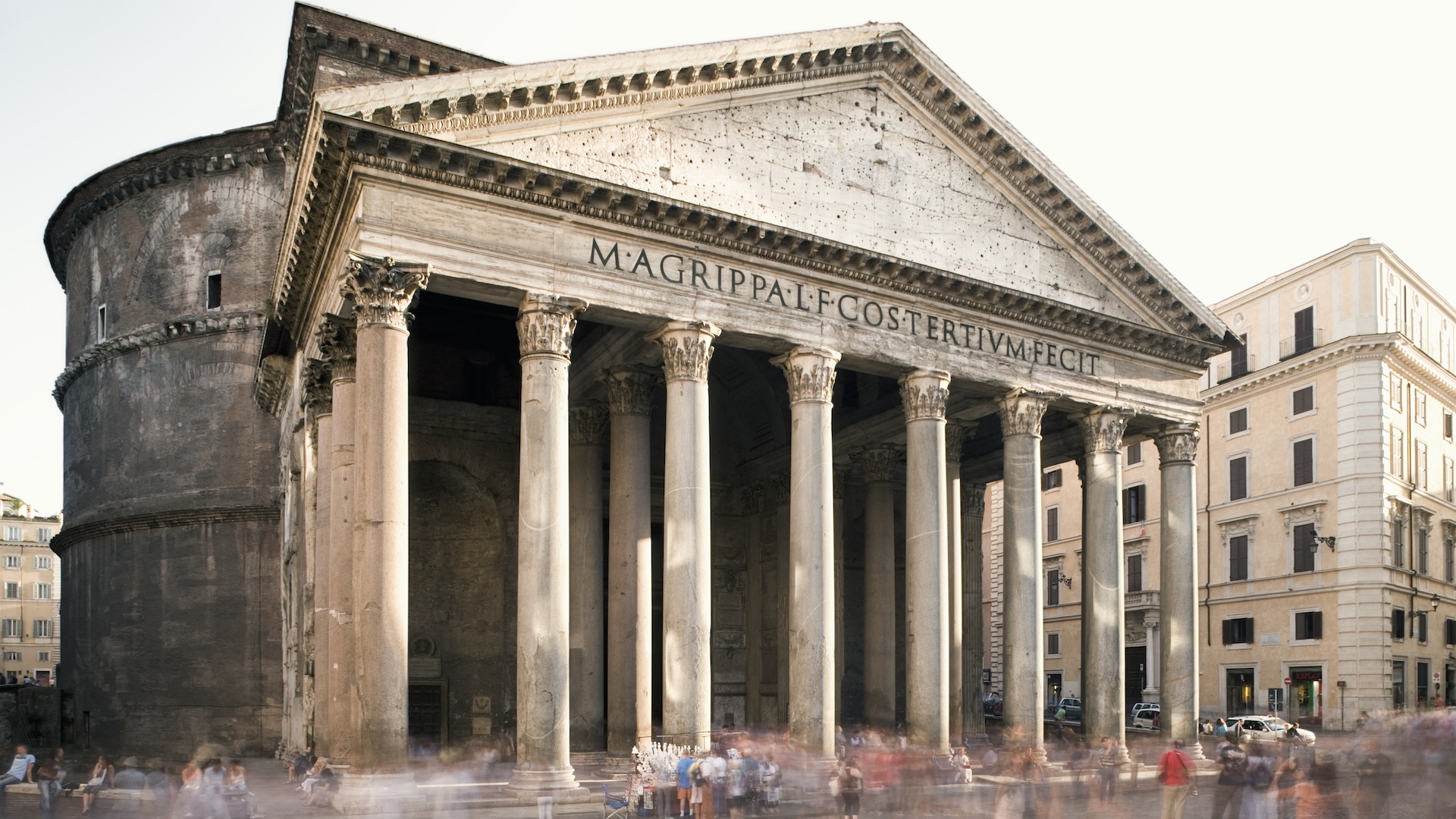When you purchase through contact on our website , we may earn an affiliate charge . Here ’s how it works .
A stash of secret letters has been excavate near the web site of an ancient Roman garrison in the United Kingdom .
The hoard of fleet wafer - thin slices of woods , which were written on with ink , were discover buried in the ground near theFort of Vindolandaon June 22 . The fragile wooden letters , which had been discarded in the first century A.D. , were discarded in a small dig quarry .

Scientists found a cache of letters written in ink on wafer-thin slices of wood.
The treasure trove of Roman varsity letter was in amazingly pristine experimental condition , thanks to the oxygen - free , or anaerobiotic , conditions in which they were buried . As a result , bacterium that normally degrade such item over time have not had a chance to attack the artifacts .
" Some of these new tablets are so well maintain that they can be show without the common infrared photography and before going through the retentive preservation process . There is nothing more exciting than reading these personal message from the distant past tense , " Robin Birley , an archaeologist who oversaw excavations in the 1970s , 1980s and 1990s , enounce in a statement . Birley ’s son , Andrew , is now the manager of excavations at the site . [ Roman Fort : See mental image of the Long - Lost Discoveries ]
Roman fort
The land site of Vindolanda was oncea Roman fortthat stand just south ofHadrian ’s Wallin what is now Northumberland , England . At the prison term , the paries ( ramp up by the Emperor Hadrian start in A.D. 122 ) , served as the northern frontier of the Roman Empire . In the seventies , archaeologists set out excavate postcard - sizing strips of wood covered with ink - indite messages . The stories they tell , which key out over 400 identify characters , paint a picture of a residential area of Tungrians ( Belgians ) , Batavians ( Dutch ) , Vardulli ( Spanish ) and other nationality from all social strata , from commandant to slaves , Andrew Birley say .
Together , the stash of documents provide an unprecedented look at life in a papist garrison . Along with beer petition , birthday invitations and letter that let in derogative names for the locals , the pad collection includes the oldest example of women ’s handwriting from Europe , in the symmetry between two luxuriously - ranking military commander ' married woman . These women seem to have run lonely , nonsocial lives , the missive reveal .
The newest finds derive from an archaeological level immediately above the ancient pre - Roman Fannie Merritt Farmer field , at the bottom of a steep - sided and narrow trench which was prostrate to flooding , say Andrew Birley . The letters were scattered in a line between 10 and 13 feet ( 3 and 4 MB ) long and trap in a layer of dirt and organic waste matter that had been floor by the Roman ground forces to build up the foundation for a newfangled building inside a garrison . The letter were likely discarded after being read , along with other trumpery , Birley tell Live Science in an email .

The trove of Roman letters was found at the site of Vindolanda, which was once a Roman fort that stood just south of Hadrian’s Wall in what is now Northumberland, England.
In the newest stash of tablets , a man called Masculus , asks for a leave , or " commeatus " in Latin .
In a retiring correspondence " he is recorded drop a line to the Commander , Falvius Cerialis asking that he send beer for the gentleman’s gentleman as he could not ' answer for them ' if they did not receive it . At the time , he was station away from Vindolanda and demand the supply from the theme , " Andrew Birley said .
The next step is to put the wooden tablets through infrared photography and a strict preservation process so that more of the text can be deciphered .

Original clause onLive skill .













